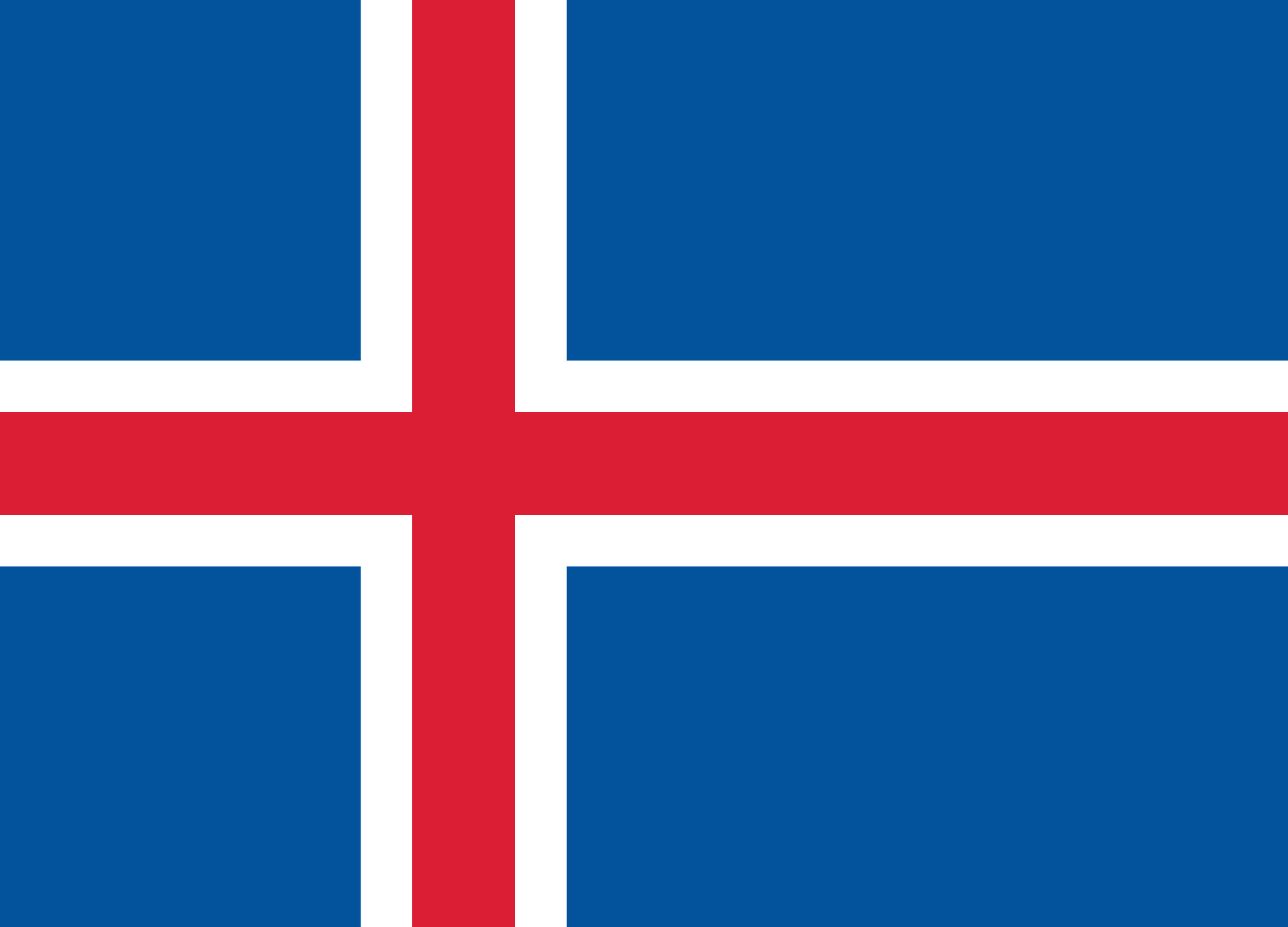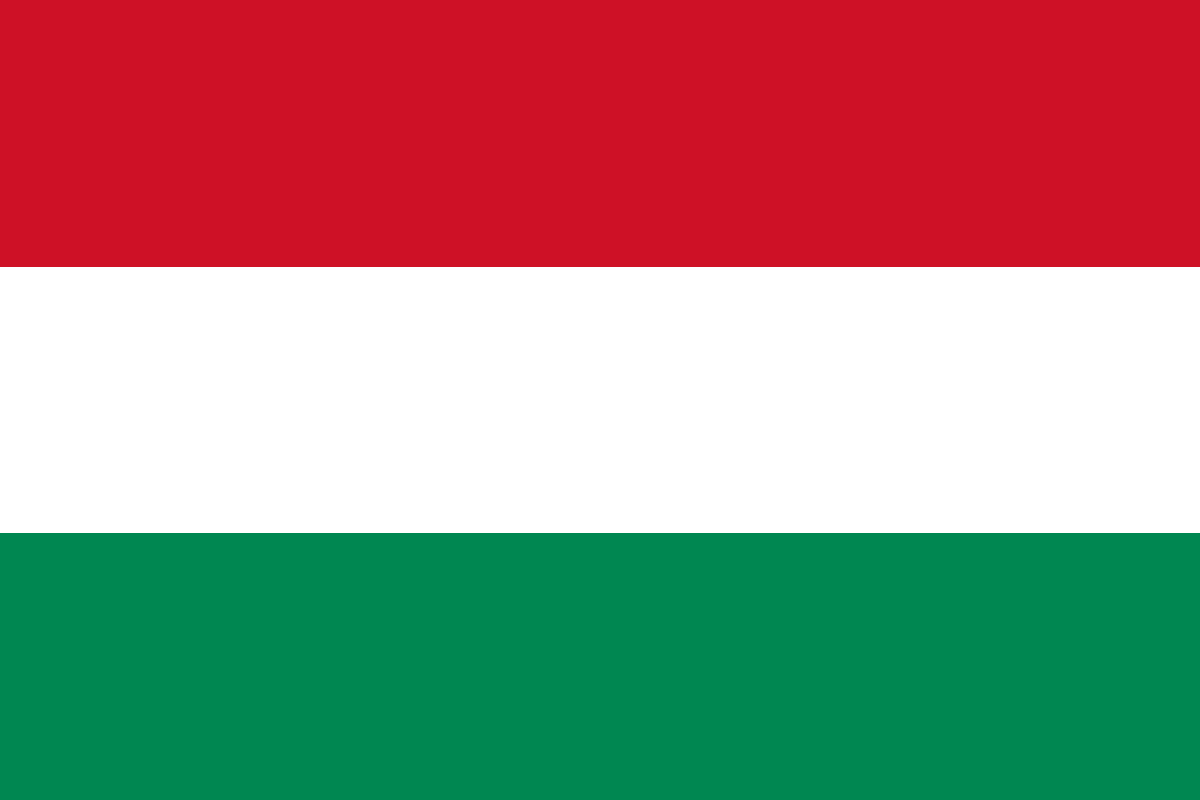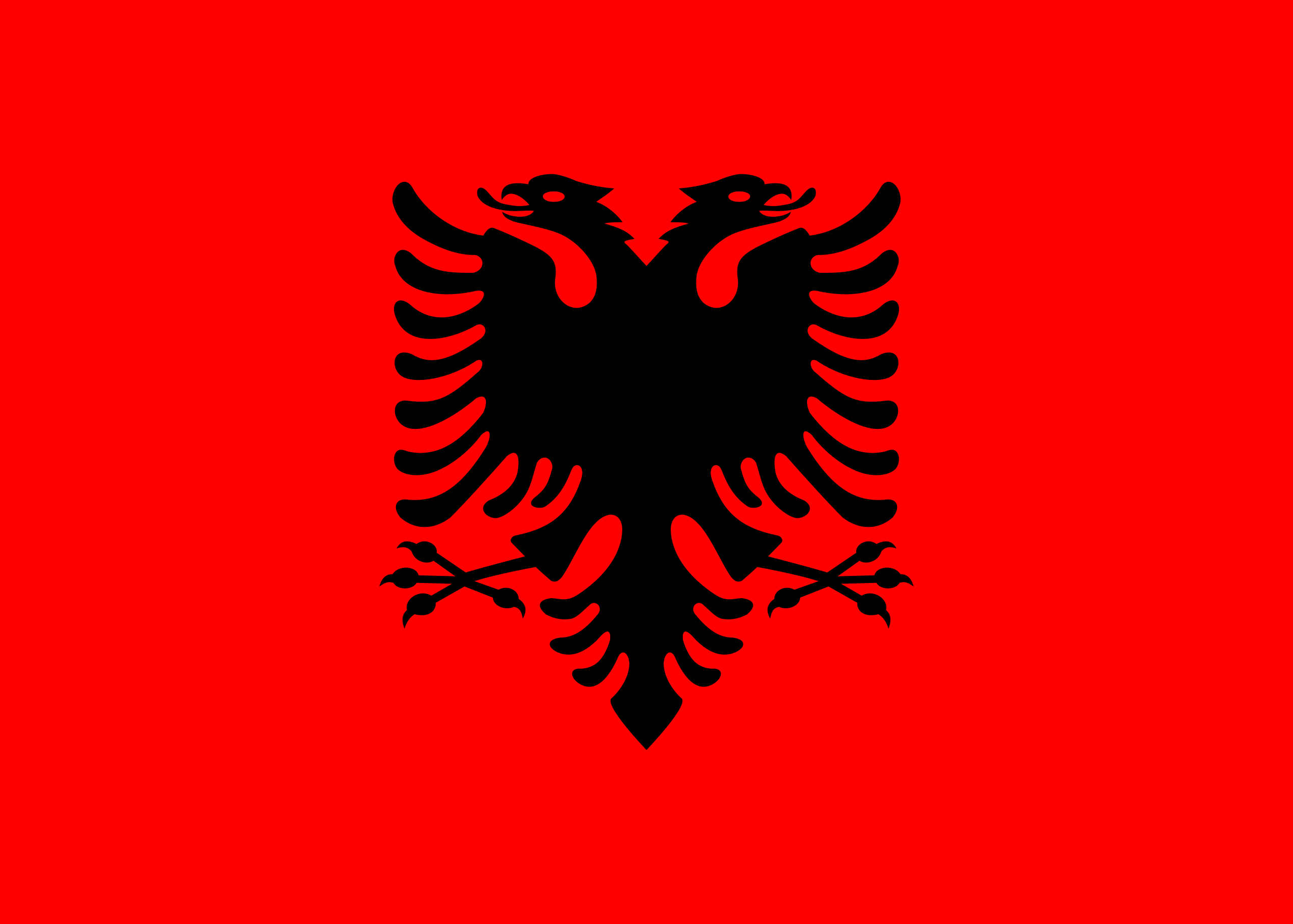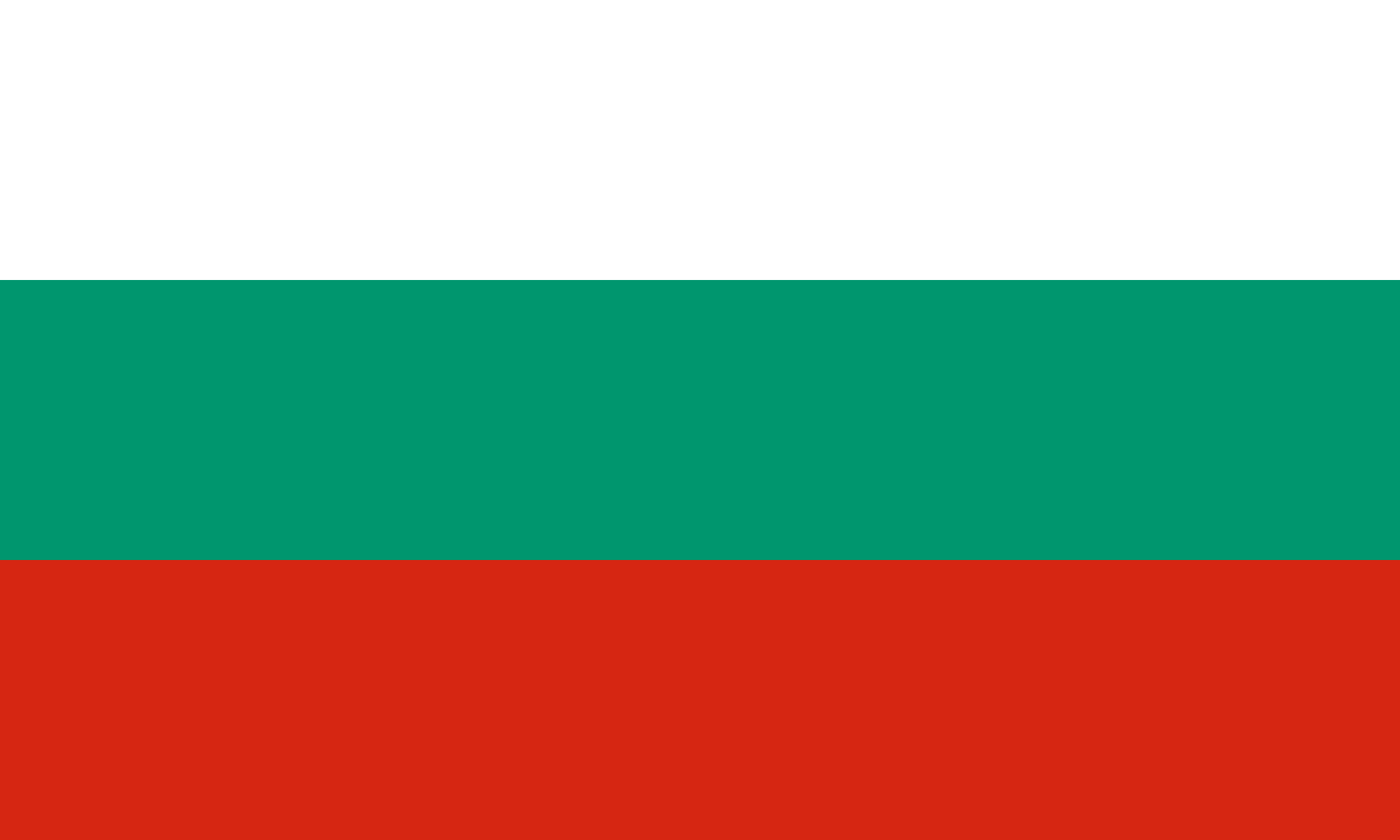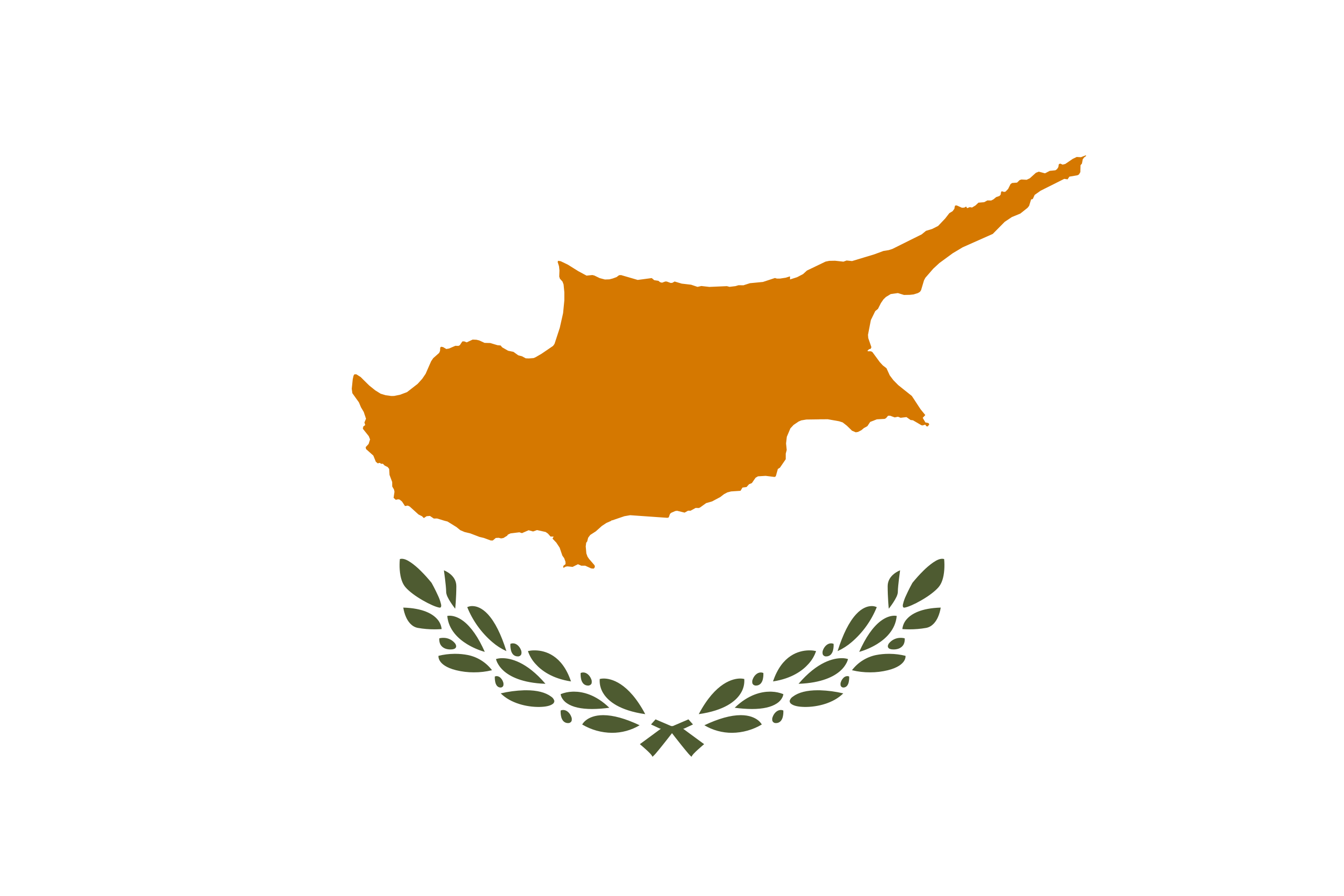The Kingdom of Norway is situated in Northern Europe on the Scandinavian Peninsula. This country stands as a prestigious, popular jurisdiction for business registration. Generally, Norway offers highly favourable conditions for foreign investors, although certain restrictions apply to non-residents in specific sectors, including energy, insurance and finance, fishing and fish processing, shipping, and air transport.
Norway boasts a stable and developed economy, based on the oil and gas industry, energy, shipping and shipbuilding, fishing, and mining. The banking sector, service industry, and alternative energy are also well-developed here. For many years, Norway has maintained a low level of inflation and unemployment, with one of the highest GDP volumes in the world.
















